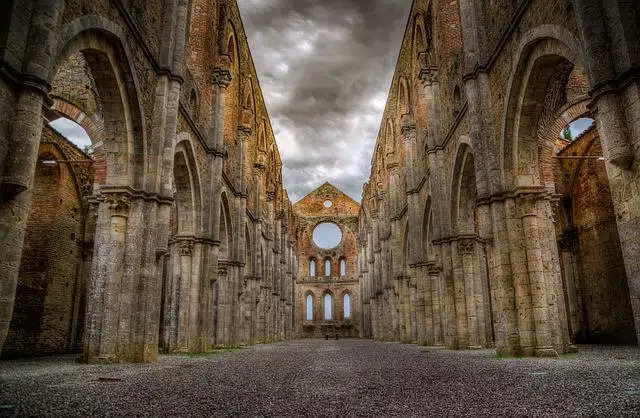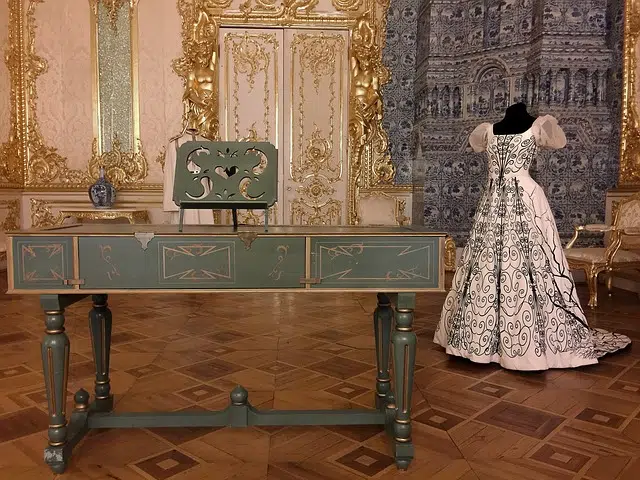
History allows us to experience who we are.
The tendency of philosophy that limits reality to historical development is known as historicism . According to this position, everything is a product of historicity.
Experience what we are
The German Leopold von Ranke and the Italian Benedetto Croce are considered the fathers of historicism. This theory considers that being is the result of historical development : therefore, history is that which allows human beings to experience what they are.
Historicism, in this framework, aims to systematically explore historical facts (that is, events that have relevance to people) so that the past expresses itself. History , however, is not the past; On the contrary, it is present knowledge that arises from a motivation registered in today.
Part of a historical process
Another way to understand historicism is as a current of thought oriented towards the construction of historical meaning . For historicists, human nature can only be understood by taking man as part of a historical process that never stops.
This means that science , institutions and culture, for example, have to be thought about based on history. Any human matter, in fact, must be analyzed according to historical studies, since there is no reality that is not a consequence of its precedents .
All history is connected
Another postulate of historicism indicates that all historical events are connected . Through the investigation of these events we reach knowledge and understanding of the problems of human beings .
Historicism in music
In the field of academic music there is the so-called historicist interpretation , which is also known by the names authentic, historically researched or period interpretation . In short, it is about the execution of a piece trying to approximate all the characteristics that its reproduction had at the time in which it was premiered. It is important to remember that when talking about academic music we must include around three centuries of compositions, which began in the Baroque, passed through Classicism and ended in Romanticism.
To achieve an interpretation faithful to historicism, it is necessary to make different changes, both in the equipment and in the technical preparation. Firstly, the use of "period" instruments is very common, whether original (made at the time of composition) or faithful imitations. This is related to the issue of tuning: it is known that in the past instruments had a slightly lower tuning than in the present, so that their sound was quite close to that of the preceding semitone. In simpler words, an FA from the 1800s sounded barely higher than an MI today .

A historicist interpretation requires adapting the tuning, instruments and other aspects.
For a soprano specialized in the work of Vivaldi, for example, this difference can represent a drastic change in her vocal health, especially in the most demanding passages. Certain pieces that seem impossible on paper can be approached in another way if the tuning is adjusted to the characteristics of the time. Furthermore, for the most perceptive people, historicism allows one to hear the music as it was conceived by the composers, something that is priceless.
The style must also be studied, since the reproduction of notes in a new tuning is not enough to achieve a historicist interpretation. The stage, acoustics and clothing are other aspects that can improve the result. One of the figures in the world of opera to whom we owe unparalleled historicist work is the Italian mezzo-soprano Cecilia Bartoli , a pioneer in this and other endeavors in favor of the conservation of music.
